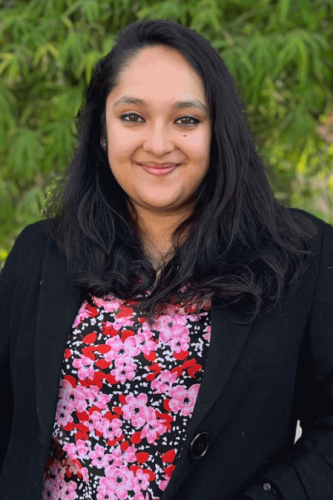
Apekshya Prasai
Biography
Research
Apekshya’s research focuses on gender, conflict and social transformation in the global south, with a focus on South Asia. Grounded in extensive fieldwork, her research combines ethnographic approaches with interviews and archival research to interrogate the relationship between civil wars and transformation of social, especially gender, norms. Her book project examines the gendered ways in which insurgents organize violence (i.e., their "Gender Strategies") and explains why some rebels conform to patriarchal norms while others radically subvert them. Presenting a novel theory of militant female activism, her work highlights the critical but neglected role women play in shaping the gender strategies rebels adopt. Her book and other related projects draw on extensive data collected through ethnographic fieldwork in Nepal and archival research in the Netherlands and across several digital archives. Combining semi-structured interviews, oral histories and rare primary documents in Nepali, Hindi and English, her research sheds lights on the social, especially, gendered processes of civil wars.